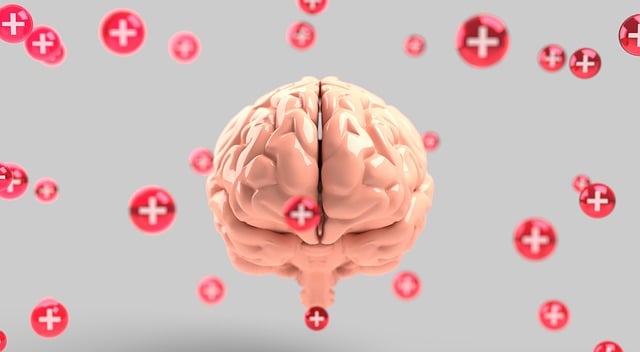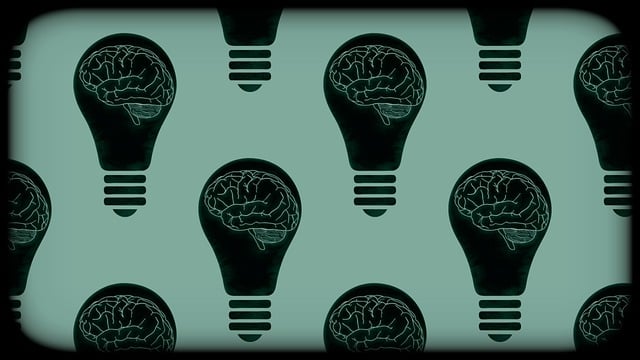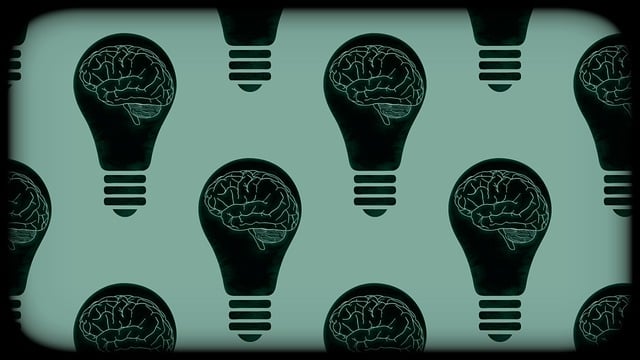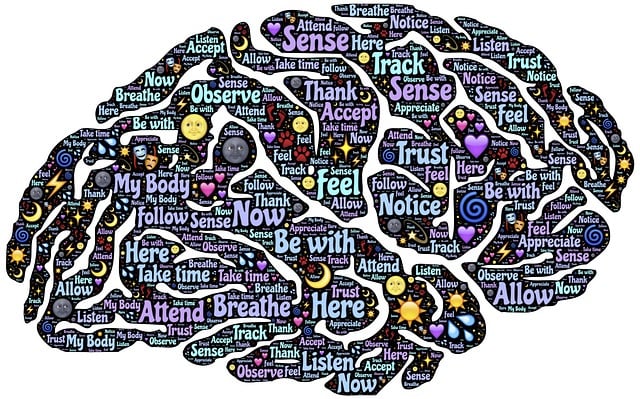Arvada Hypnosis Therapy prioritizes cultural sensitivity in mental healthcare, recognizing the unique perspectives of diverse clients. They adapt therapeutic approaches through respectful practices and tailored education, fostering inclusive care. By integrating emotional intelligence, active listening, and adaptability, they build trust and enhance treatment effectiveness across cultures. This culturally responsive approach combines traditional hypnosis with a deep understanding of various backgrounds, ensuring authentic connections and meaningful exploration of mental health challenges.
In today’s diverse society, cultural sensitivity in mental healthcare is paramount. Understanding cultural diversity enhances therapeutic relationships and improves outcomes. This article explores crucial aspects of providing culturally sensitive support, focusing on strategies for practitioners. We delve into specific examples like Arvada Hypnosis Therapy, showcasing a culturally responsive approach. Additionally, we discuss barriers to accessible mental health care and how to overcome them. By embracing these concepts, mental health professionals can foster inclusive environments that resonate with clients from various backgrounds.
- Understanding Cultural Diversity in Mental Healthcare
- The Impact of Cultural Sensitivity on Therapeutic Relationships
- Arvada Hypnosis Therapy: A Culturally Responsive Approach
- Overcoming Barriers to Accessible Mental Health Care
- Strategies for Providing Culturally Sensitive Support
Understanding Cultural Diversity in Mental Healthcare

In the diverse landscape of mental healthcare, understanding cultural sensitivity is paramount. The practice of Arvada Hypnosis Therapy recognizes that individuals from different backgrounds, be it ethnic, religious, or socio-cultural, bring unique perspectives and experiences to their therapy sessions. This cultural diversity significantly influences how people perceive and express emotions, as well as their responses to various therapeutic approaches.
Embracing this diversity involves cultivating emotional intelligence among mental health professionals. Techniques aimed at promoting emotional well-being must be adaptable and respectful of different cultural norms. Furthermore, designing mental health education programs that cater to diverse communities ensures effective communication and builds trust. By integrating these considerations, Arvada Hypnosis Therapy strives to provide inclusive care, enhancing the effectiveness of treatments for a broader spectrum of clients.
The Impact of Cultural Sensitivity on Therapeutic Relationships

In the context of mental healthcare, cultural sensitivity is a cornerstone that strengthens the therapeutic relationship between care providers and clients from diverse backgrounds. When practitioners incorporate cultural awareness into their practices, they create an environment where individuals feel seen, understood, and respected. This is particularly crucial in Arvada Hypnosis Therapy, as it fosters deeper connections and enhances the effectiveness of treatment. By recognizing and appreciating cultural differences, therapists can tailor their approaches to align with clients’ unique needs and beliefs, ensuring that every interaction promotes healing and growth.
Cultural sensitivity goes beyond mere knowledge; it involves active listening, empathy, and adaptability. Care providers who engage in continuous learning about various cultural contexts can better navigate the nuances of communication, challenge stereotypes, and avoid assumptions. This not only improves patient outcomes but also strengthens the bond between therapist and client. As a result, practices that prioritize cultural sensitivity contribute to more successful therapeutic journeys, making them integral to the broader efforts of Mental Wellness Podcast Series Production, Mental Wellness Journaling Exercise Guidance, and Public Awareness Campaigns Development.
Arvada Hypnosis Therapy: A Culturally Responsive Approach

Arvada Hypnosis Therapy takes a culturally responsive approach to mental healthcare, recognizing that every client brings their unique cultural background and experiences to therapy. This means creating a safe, inclusive environment where individuals feel understood and respected. By integrating traditional hypnosis techniques with an awareness of diverse cultural perspectives, therapists can help clients explore and overcome mental health challenges in a way that is meaningful to them.
This approach goes beyond simple translation services or superficial cultural “sensitivity.” It involves deep listening, tailored interventions, and a commitment to continuous learning about various cultural practices and beliefs. Through specialized training and Risk Management Planning for Mental Health Professionals, Arvada Hypnosis Therapy ensures its practitioners are equipped with effective communication strategies to facilitate authentic connections with clients from all backgrounds. Additionally, participating in Stress Management Workshops Organization can help therapists maintain their own well-being while navigating the complex emotional landscape of cultural sensitivity in mental healthcare.
Overcoming Barriers to Accessible Mental Health Care

Overcoming barriers to accessible mental health care is a multifaceted challenge, especially in diverse communities. Cultural sensitivity plays a pivotal role in ensuring that everyone, regardless of their background, can access effective support for their mental well-being. In many cases, language and cultural differences can deter individuals from seeking Arvada Hypnosis Therapy or other forms of treatment. Building culturally competent practices involves training healthcare providers to be aware of these barriers and adapt their approaches accordingly. This may include offering services in multiple languages, incorporating traditional healing methods where appropriate, and creating safe, inclusive spaces that respect diverse beliefs and customs.
Furthermore, addressing structural inequalities in healthcare systems is crucial for promoting mental health equity. Self-care practices and mood management techniques can be powerful tools for individuals to take charge of their well-being, but they must be accessible to all. Initiatives aimed at improving self-esteem and overall mental resilience should consider the unique needs of different communities, ensuring that services are not only available but also culturally relevant. By breaking down these barriers, we can foster an environment where everyone has the opportunity to thrive and seek support for their mental health journey.
Strategies for Providing Culturally Sensitive Support

In providing culturally sensitive support, mental healthcare practitioners must first educate themselves about the diverse cultural backgrounds and beliefs of their clients. This involves learning about different customs, values, and communication styles to avoid assumptions and misunderstandings. Incorporating Arvada Hypnosis Therapy techniques can be a powerful tool for fostering empathy and building resilience among patients from varied cultures. By creating a safe and inclusive environment, therapists encourage open dialogue and allow individuals to express themselves authentically.
Empathy-building strategies are essential in bridging cultural gaps. Active listening, coupled with non-judgmental attitudes, helps clients feel understood and valued. Additionally, tailoring treatment plans to align with a patient’s cultural preferences can significantly enhance mental wellness outcomes. Through these approaches, therapists not only respect individual differences but also empower clients to develop the resilience needed to navigate life’s challenges, regardless of their cultural backgrounds.
Cultural sensitivity in mental healthcare is no longer a consideration, but an imperative. By understanding and embracing cultural diversity, therapists can foster stronger therapeutic relationships that lead to more effective treatments. As seen with innovative approaches like Arvada Hypnosis Therapy, culturally responsive practices improve accessibility and outcomes. Overcoming barriers through strategies that prioritize cultural sensitivity ensures that mental health care is inclusive and supportive for all individuals, regardless of their background. This not only benefits the individual seeking help but also enriches the broader community.














